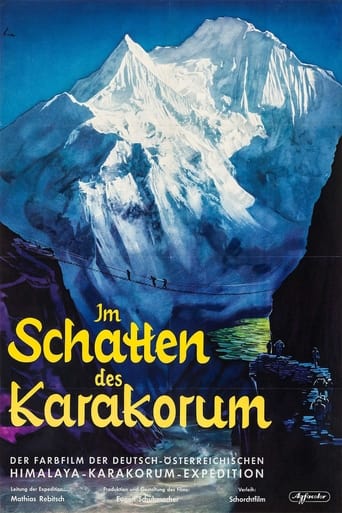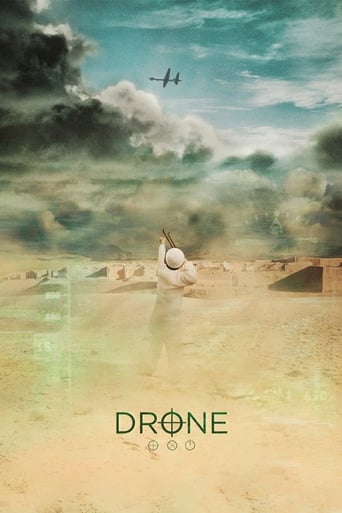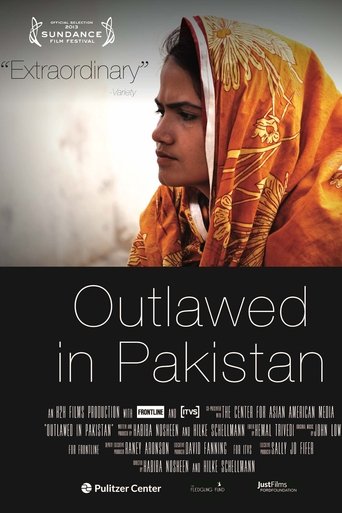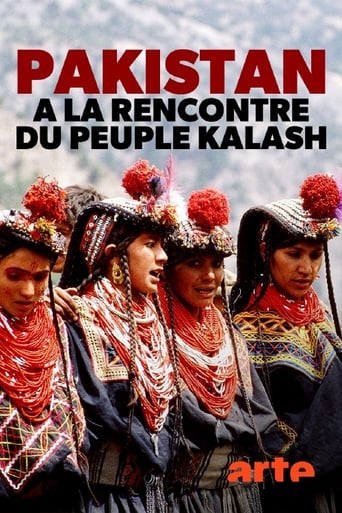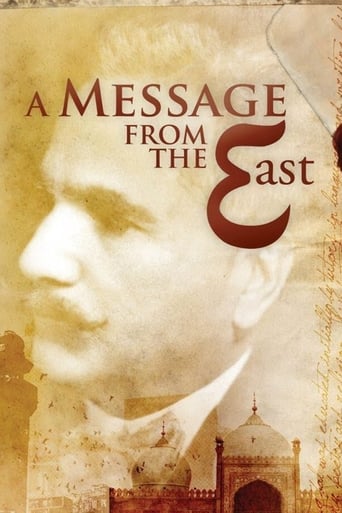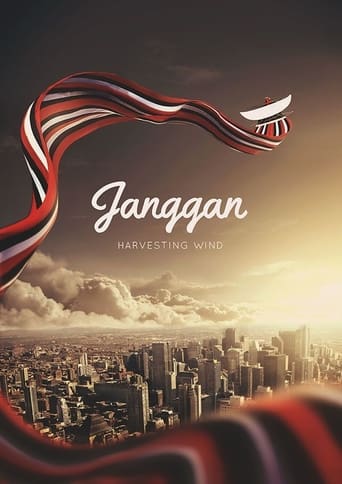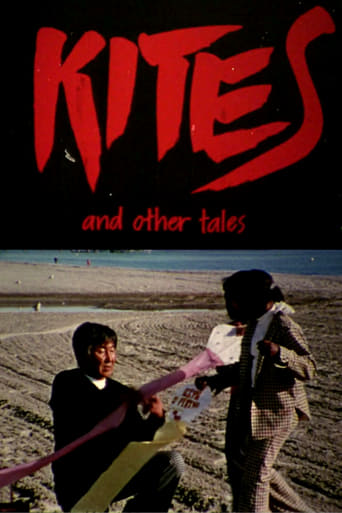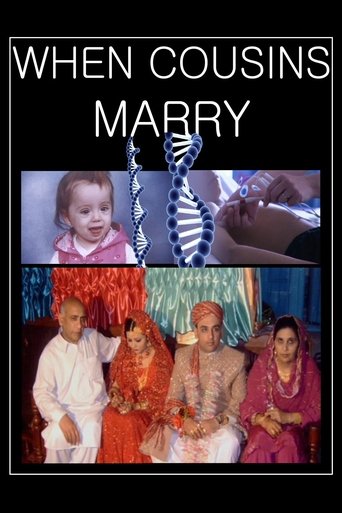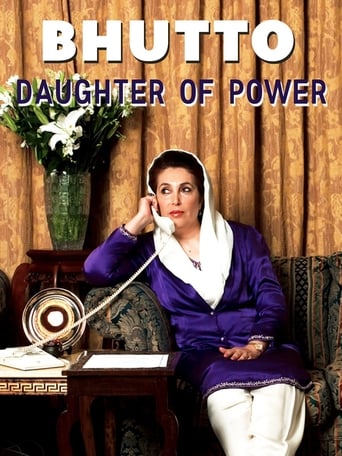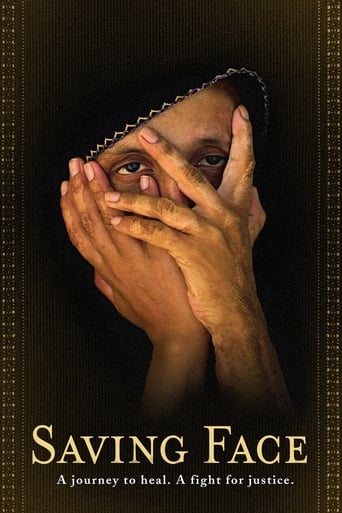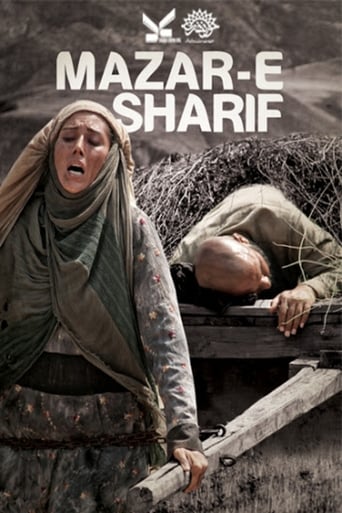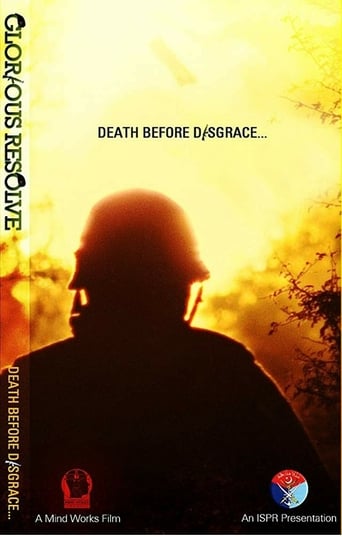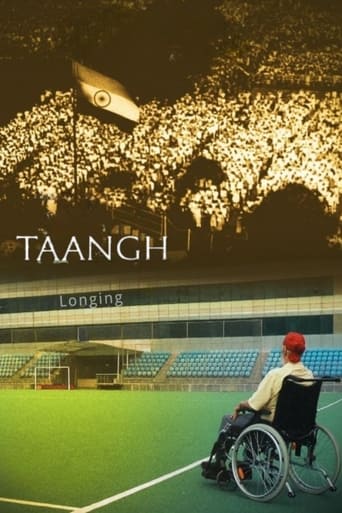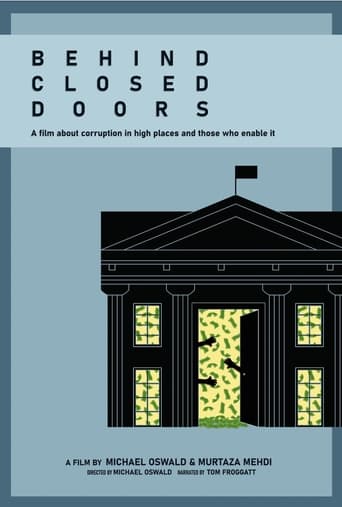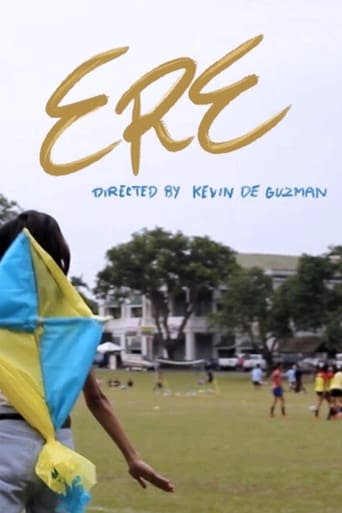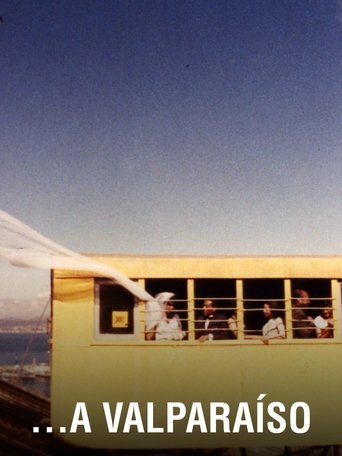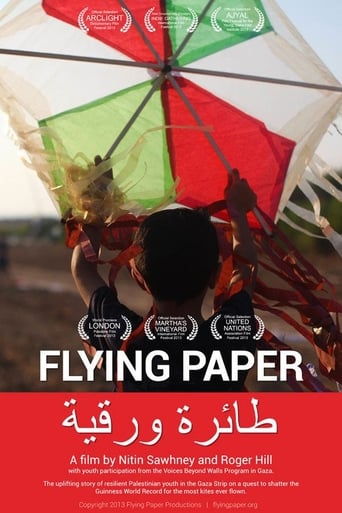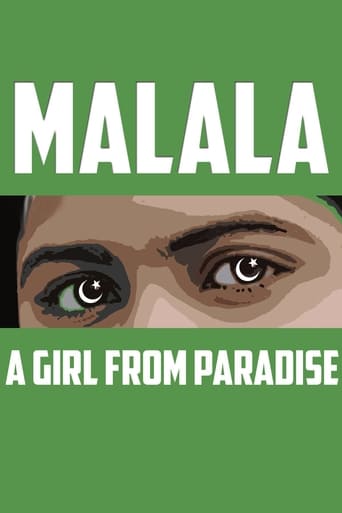Bo Kata
Bo Kata, loosely translated in English means hacked! That is the victory battle cry when kites are eliminated in raging sky duels, sometimes lasting hours. Filmed entirely in Lahore, Pakistan, over three continuous days, Bo Kata is a rare cinematic documentary treat, depicting uniquely the rooftop kite flyers of Lahore, who have been a traditional part of Pakistan's culture and heritage that has lasted for over 400 years. Their sport is now under threat from a complete ban, after a series of tragic fatalities involving children and motorcyclists, resulting in decapitations and dismemberment from illegal chemically coated strings used to fly the kites. The documentary highlights a population that is associated with the mysterious art of kite dueling amidst the political backdrop of an impending ban


